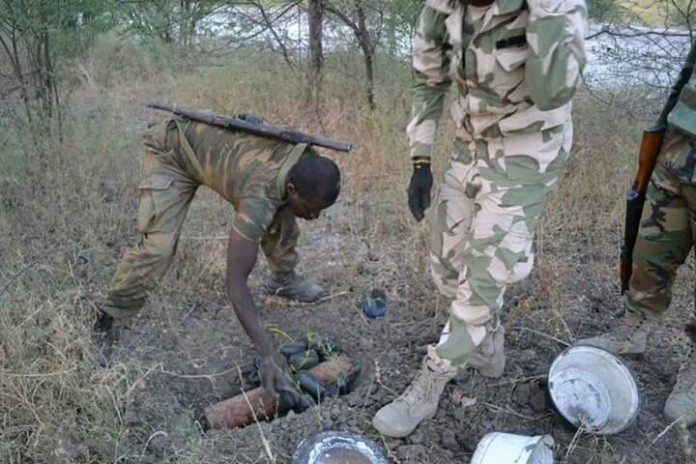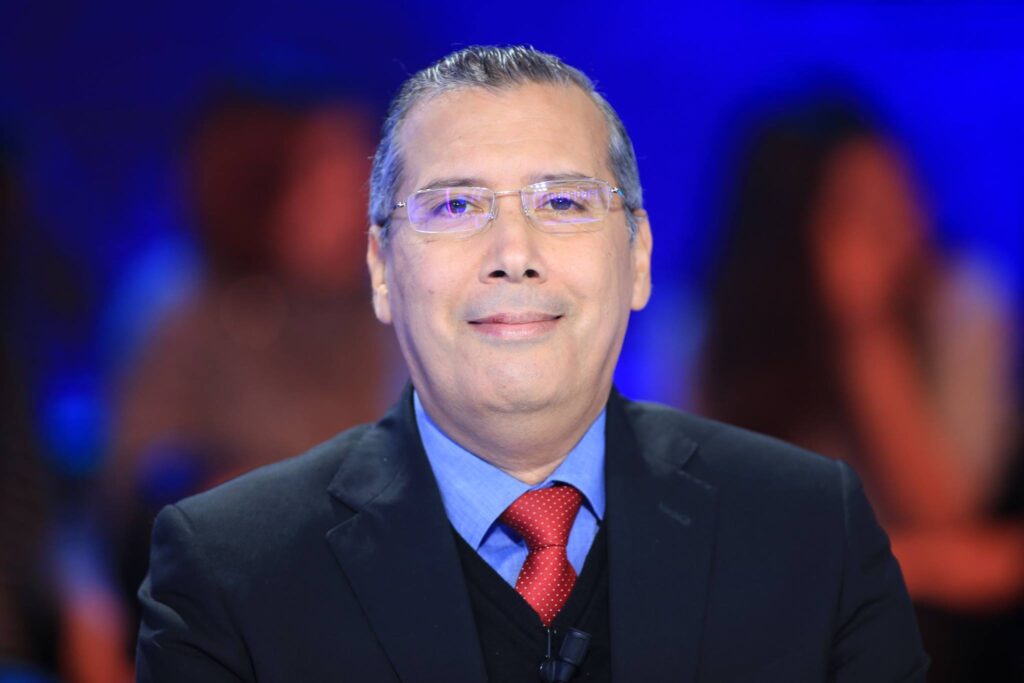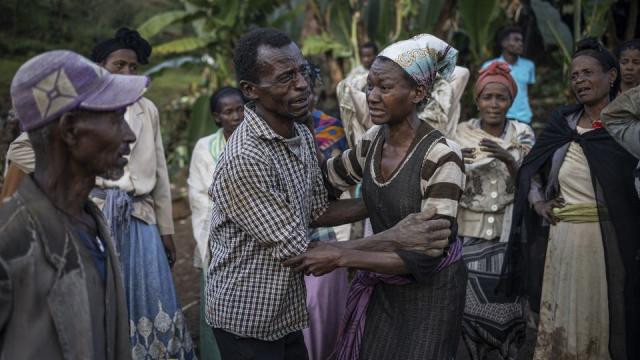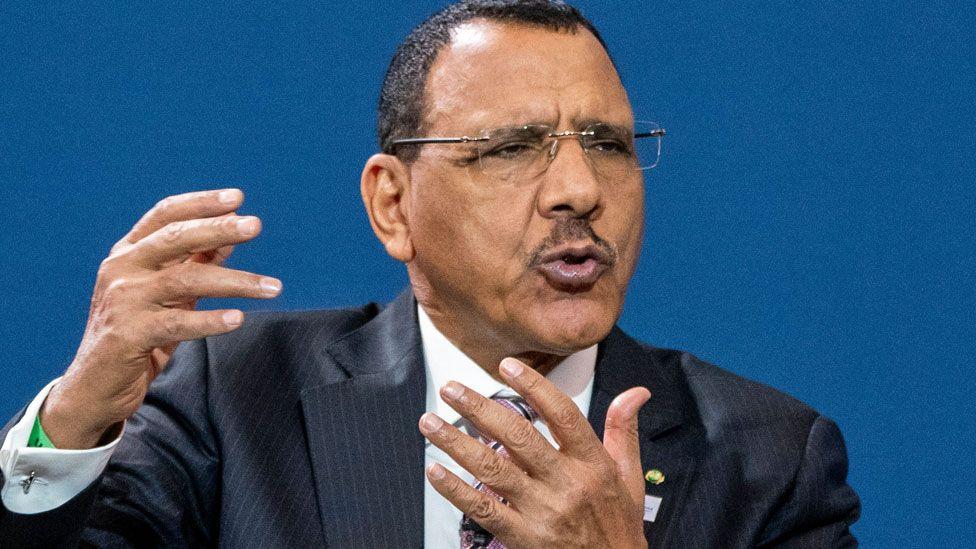
British and Nigerian civil society organisations have jointly called on the British government to promptly and transparently repatriate funds confiscated from Nigerian politician James Ibori, a convicted fraudster, to Nigeria, ensuring that the money benefits ordinary Nigerians.
A coalition of nearly 50 NGOs has penned a letter to the UK’s home and foreign affairs ministers, expressing concern that the protracted confiscation process has eroded the robust anti-corruption message conveyed by Ibori’s conviction more than a decade ago.
The NGOs are calling for swift action to repatriate the confiscated funds to Nigeria in a transparent manner to benefit the country’s citizens.
“The years of disruption and delay in recovering and returning these stolen assets means this message has so far rung hollow for the Nigerian people,” said the letter, made public on Thursday by one of its signatories, Spotlight on Corruption.
James Ibori, the former governor of Nigeria’s oil-rich Delta State in the south, had confessed to 10 counts of fraud and money laundering in a London court in 2012. He received a 13-year prison sentence, of which he served approximately half before his release and return to Nigeria.
Despite his conviction and time served in prison, James Ibori remains influential in Nigeria. He has held meetings with President Bola Tinubu in recent months and maintains connections with friends and associates in influential positions.
The coalition of NGOs, which includes organisations such as Transparency International and Africa Network for Environment and Economic Justice, emphasized that the funds confiscated from James Ibori should be directed towards projects that benefit the people of Delta State. They also stressed the importance of implementing a transparent process, with oversight from civil society, to ensure that the funds are used for the public good.
British prosecutors’ efforts to confiscate James Ibori’s assets started in 2013 but have faced numerous obstacles and delays in the London courts.
In July, a judge issued an order to confiscate £101.5 million ($123.9 million) from him, marking one of the largest orders under Britain’s Proceeds of Crime Act 2002 since its enactment.
He has applied for permission to appeal the order, and his application is currently in the early stages of the appeal process.




